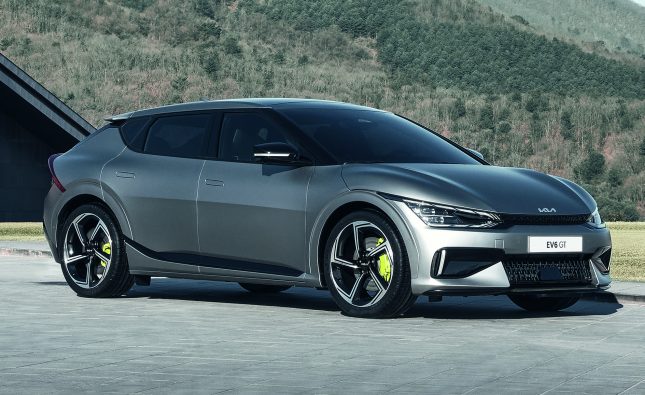
China’s Ministry of Industry and Information Technology (MIIT) has released a draft set of data standards for intelligent vehicles, aiming to facilitate the development of the country’s smart vehicle industry and set a benchmark for global auto manufacturers.
The draft rules are part of a wider plan to improve the country’s intelligent vehicle industry, which is a key component of the country’s industrial development strategy, known as “Made in China 2025.” The plan aims to transform China’s manufacturing sector from a low-cost, labor-intensive industry to a high-tech, innovation-driven industry.
The draft standards cover the collection, transmission, storage, and use of data generated by intelligent vehicles, including information on vehicle performance, location, and user behavior. The standards also set guidelines for data privacy and security, as well as the sharing of data between vehicles and infrastructure.
According to the MIIT, the standards will help ensure the safe and efficient operation of intelligent vehicles, while also promoting innovation and competition in the industry. The ministry said the standards were developed with input from a range of stakeholders, including industry associations, research institutes, and leading automakers.
The move comes as China’s smart vehicle industry is rapidly expanding, driven by advances in artificial intelligence, 5G connectivity, and other emerging technologies. According to a report by the China Association of Automobile Manufacturers, the country’s smart vehicle market is expected to reach 100 billion yuan ($15.4 billion) this year, up from 13.6 billion yuan in 2019.
The MIIT’s data standards are seen as a step toward creating a more standardized and coordinated approach to the development of intelligent vehicles in China, which could help the country take a leading role in the global smart vehicle industry.
However, the move also raises concerns about data privacy and security, as well as the potential for the Chinese government to use the data collected by smart vehicles for surveillance purposes. The standards require that intelligent vehicle manufacturers provide users with clear information about what data is being collected and how it is being used, but it remains to be seen how effective these requirements will be in practice.
In addition, the standards may also pose a challenge for international automakers, who may need to adapt their existing data collection and management systems to comply with the new regulations. Some experts have warned that the standards could create a “digital divide” between Chinese and foreign automakers, as well as potentially limiting innovation and competition in the industry.
Despite these challenges, however, the release of the draft data standards is a clear signal of China’s determination to lead the way in the development of smart vehicle technology, and could mark a significant step forward for the country’s automotive industry as a whole.










